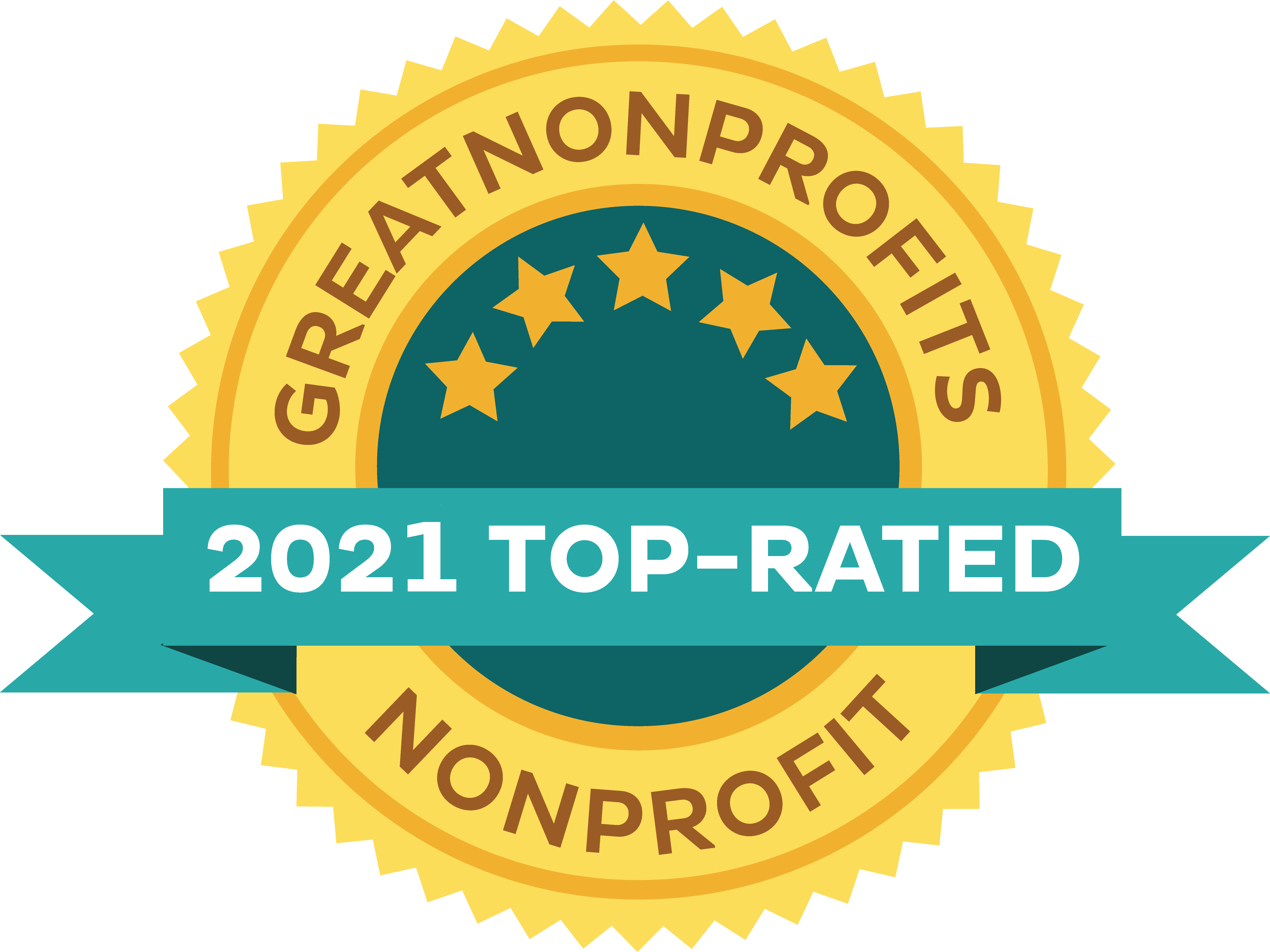Capitalizing on the activity of its Founding Directors over the past 35 years and building on the recognition it is gaining among the scholarly and scientific communities worldwide, the Institute has started reorganizing and systematizing its research agenda and collections during the year 2011.
Volunteers who reinforced the team of the Institute helped make great progress in this operation. Filing documents, checking data for accuracy and exhaustiveness, deleting duplicates and, conversely, putting together scattered files and data (be they in paper or digital form), and organizing all the documentation in a meaningful way are just some of the many activities performed by the Volunteers who frequented the Institute and contributed to its activity during the year. Behind-the-scenes contributions such as those are by no means unimportant, and considerably help organize a wide and coherent scientific strategy.
As a result, the Institute has transformed the activity of its founders in five major large-scale and inter-related documentary and interpretative research programs: a world census and a catalogue of Greek medical manuscripts; a digital library of Greek medical texts; botanical illustration from Antiquity to the 17th century; archeobotany, paleo-phyto-genetics and paleo-pharmaco-genetics; and public health and epidemiology of populations in the Old World, from Antiquity to the Renaissance.
In so doing, the Institute has systematized the many archives created over the years by its Scientific Director and made them more easily accessible for research. Their massive quantity of data provides the substance of all research programs in the Institute, and is also available for new research programs to be launched by the students who will become the next generation of scholars and scientists.
All such programs rely on massive data-basing and approach their topic in a trans-disciplinary way. The Institute is now considering to screen these collections of data at a high-resolution level, possibly by means of ad-hoc ontologies which will automatize the process of discovery.


